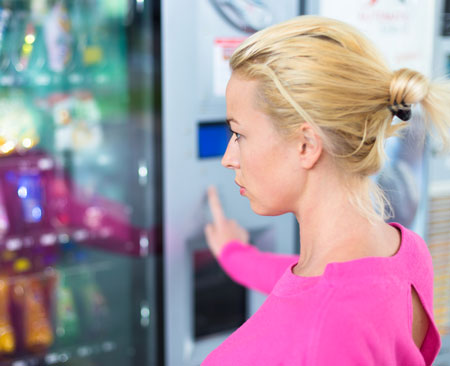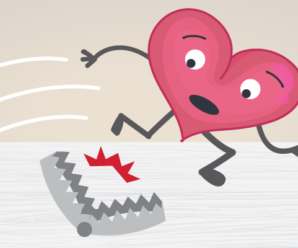
Do you ever find yourself devouring chocolate cake after a stressful workday, when you’re bored or celebrating a promotion?
“Emotional eating refers to increased food intake in response to feelings rather than hunger,” said Paula McIntyre, a Marshfield Clinic registered dietitian. “Negative or positive feelings can trigger emotional eating.”
Many people occasionally eat, without problems, for comfort or to celebrate. But, if emotional eating becomes a habit or starts to negatively affect your life, consider seeking help.
More than a weight issue
Emotional eating can lead to weight gain but also to feelings of shame and guilt about eating habits, even if you’re maintaining a healthy weight.
“Part of the cycle is feeling unable to control your eating and then feeling disgusted with yourself,” McIntyre said.
Feelings of shame can trigger people to eat more, stop eating or engage in other destructive behaviors. You may feel worried about what you’re going to eat or how to control your eating at social functions.
You may struggle to recognize when you’re hungry or full and then overeat.
A registered dietitian can help you understand your relationship with food and recognize triggers for emotional eating. Through counseling, you can learn strategies to deal with uncomfortable emotions.
Learn self-care
A counselor can teach you ways to find comfort besides eating.
“Use alternative activities to cope with uncomfortable thoughts and feelings that support your reason for eating,” McIntyre said.
Choose activities that occupy your mind, like playing cards, painting, sewing, woodworking or calling a friend.
Think of food as fuel
Changing how you think about food may keep you from reaching into the cupboard when you’re not really hungry. McIntyre suggested thinking of food like fuel you put in your car.
You wouldn’t go to the gas station at 9 p.m. to fill the tank when your car already has gas or keep pumping after the tank is full,” she said.
If the fuel analogy doesn’t work for you, a dietitian can work with you to overcome emotional eating and improve your health.






Leave a Reply